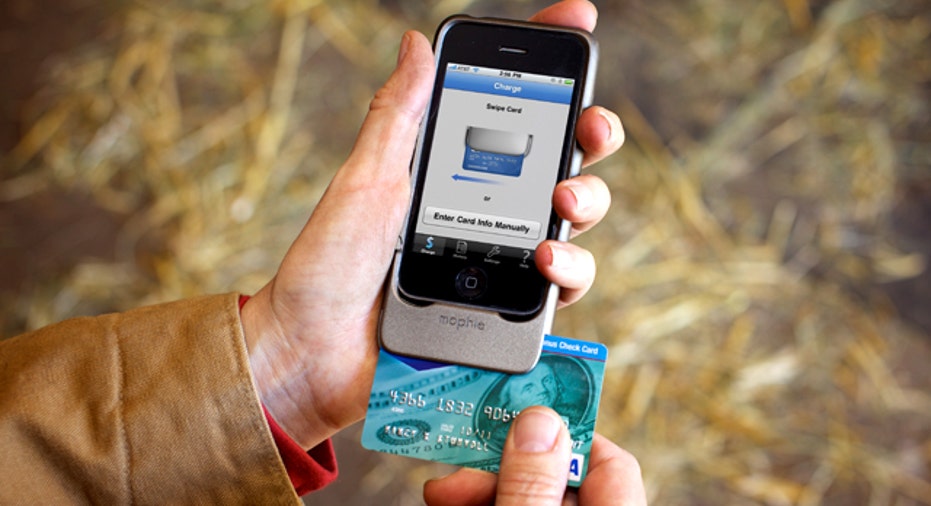Don't Play Around with Card Phone Scams

Dear To Her Credit,
I received a phone call from 567-248-4455. The Caller ID said "Phone Scam," which I thought was funny. It was the usual recorded message offering to lower my interest rates. Out of curiosity, I hit the 9 button to hear more information. It took me to a representative, obviously in another country, who told me that he represents all credit cards from all banks, and he can get my interest rates lowered for me. All I have to do is confirm my credit card numbers.
I kept going, just to see if he really had my credit card numbers. (I had no intention of reading my card numbers off on the phone!) What really got me was that he knew the first four digits of one of my Visa cards. He also knew the balances and when I last made payments. That was creepy!
He didn't know my name or where I lived. He tried to act like he did by starting to spell something and getting me to correct it, but I wouldn't do it. Then he hung up on me.
I tried to call him back, just to see why they have my information and what they are trying to do, but the line is always busy. According to the reverse line lookup, it's in Ohio.
- Amy
Dear Amy,
You'll never get through by calling 567-248-4455. According to the Better Business Bureau, this number is being "spoofed." That's not really the number they're calling from. Telemarketers are using a number of different lines and making it look like they come from this number.
Spoofers can also change the name that appears on Caller ID. "Phone scam" is an interesting choice of ID names, but apparently it doesn't stop people from picking up the phone. Maybe it's so intriguing that it helps! Spoofers often choose names of states, fake business names and even hospital and other emergency services identifications to get people to respond.
Don't be too impressed that he knew the first digits of your credit card numbers. I could do that, too. I'd bet a latte that your Discover card starts with "6011," your American Express starts with "34" or "37," and your Visa card starts with "4." These numbers are the issuer identifiers, and they're always the same. (For more decoding of your credit card numbers, read "What are those numbers on my credit card?")
It is odd that he knew the balances and dates of last payments. It's possible he got some public information or hacked into some account data. He could even be guessing; like sideshow fortune tellers, who are experts at guessing just enough to get people to fill in the rest for them and think they really knew something. Without your name, other information or complete account numbers, however, your caller is really flailing around and getting nowhere. No wonder he hung up.
As you've figured out by now, there are no lower interest rates at the end of this rainbow. Nobody can represent all banks, as he claimed to. There's nothing to be gained by answering phone calls like this one, and there's plenty you can lose if you are tricked into giving or "confirming" your personal information.
Next time they call, just ignore the phone. You could report them to the Better Business Bureau, but this particular number is already well known. There's no need to panic, or even to place a credit freeze based on this call alone.
Instead, if you want lower interest rates, use the old-fashioned method of first building up a spotless credit record by paying bills on time and never going over your credit limit. Then, call or write to your credit card company and simply ask. If that doesn't work, go shopping for a card with a lower rate. Better yet, pay off your balances so the interest rate doesn't matter. Taking good care of your credit is one rate-reduction plan that never turns out to be a scam.



















